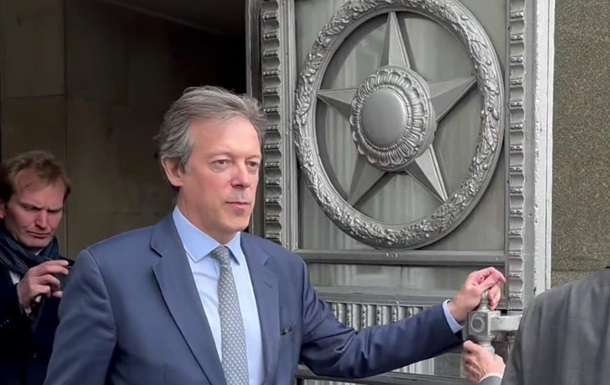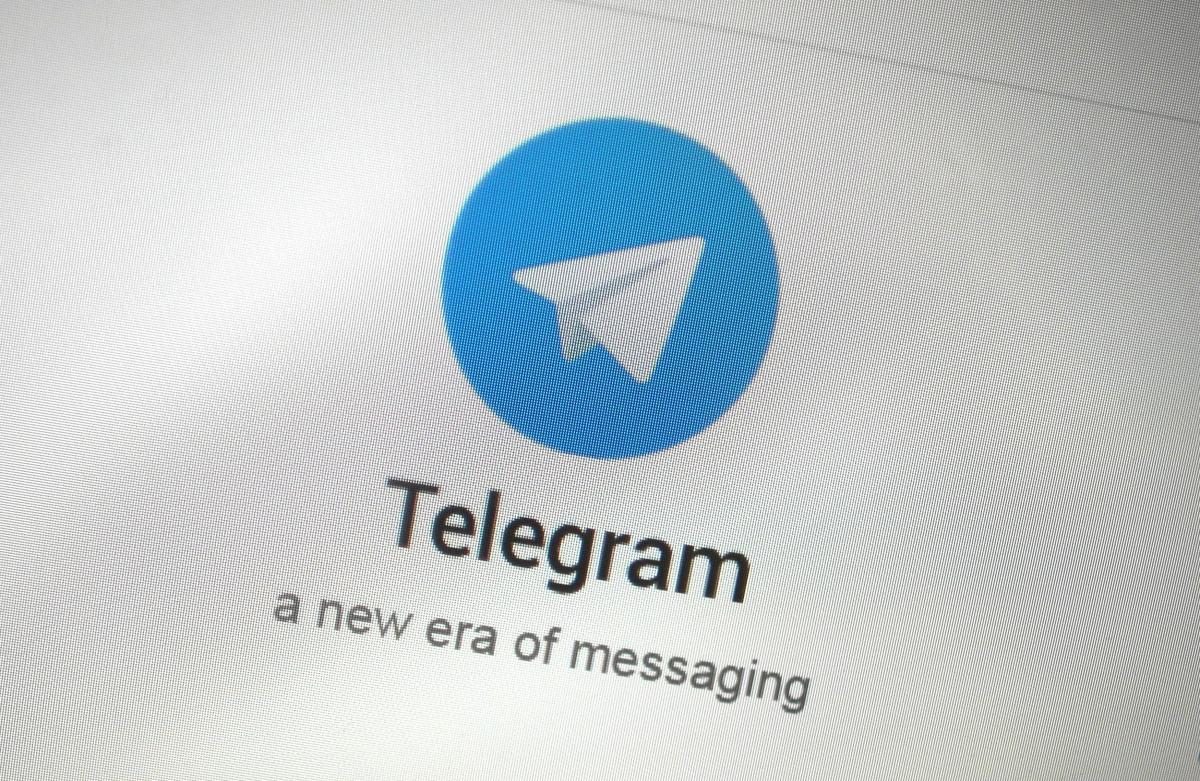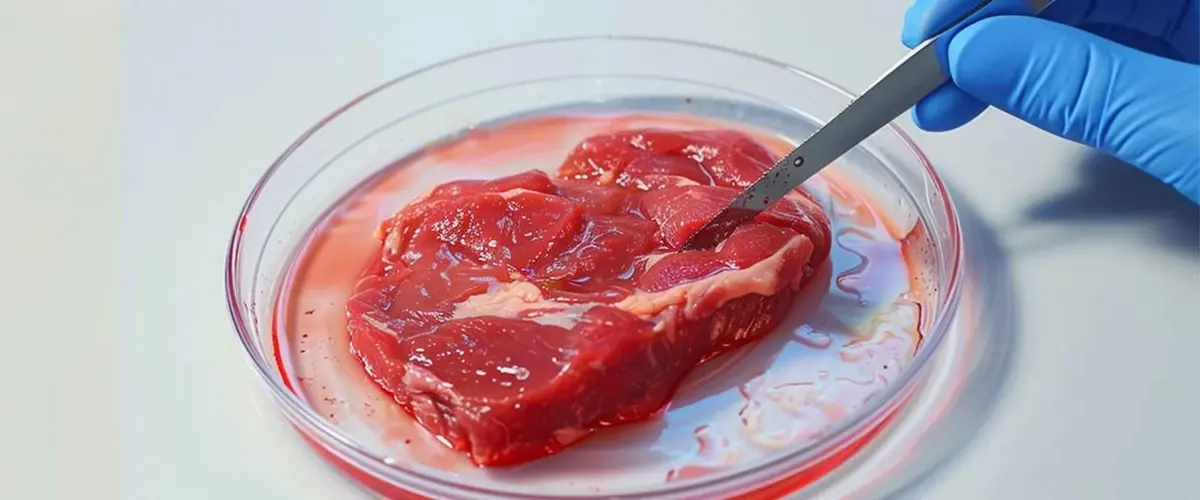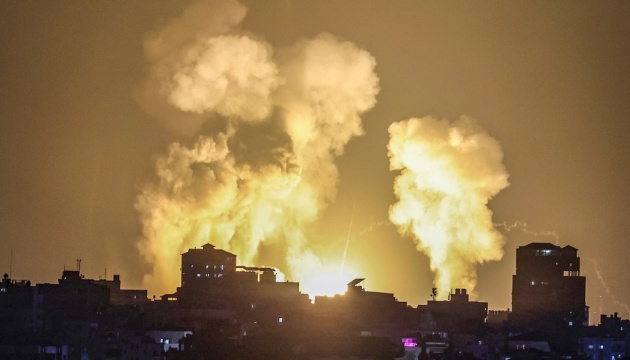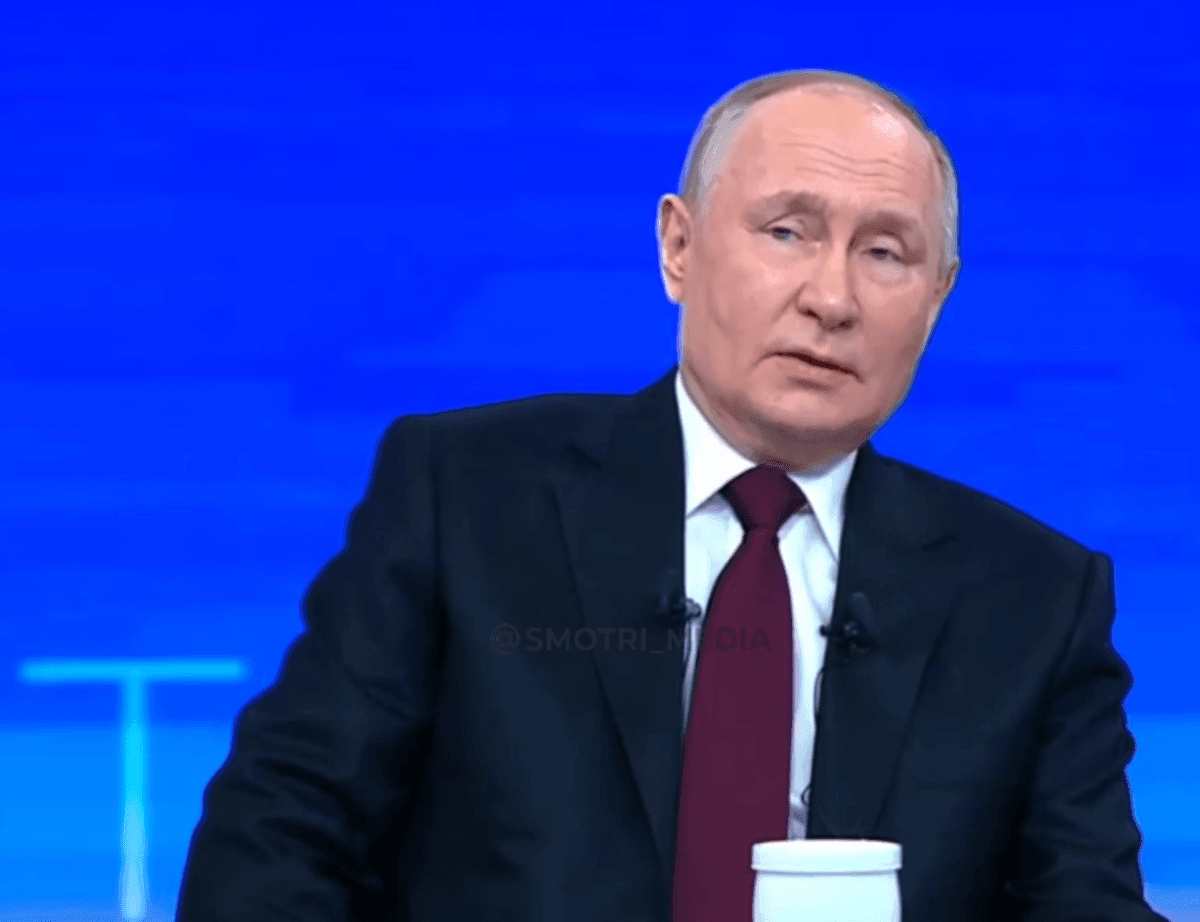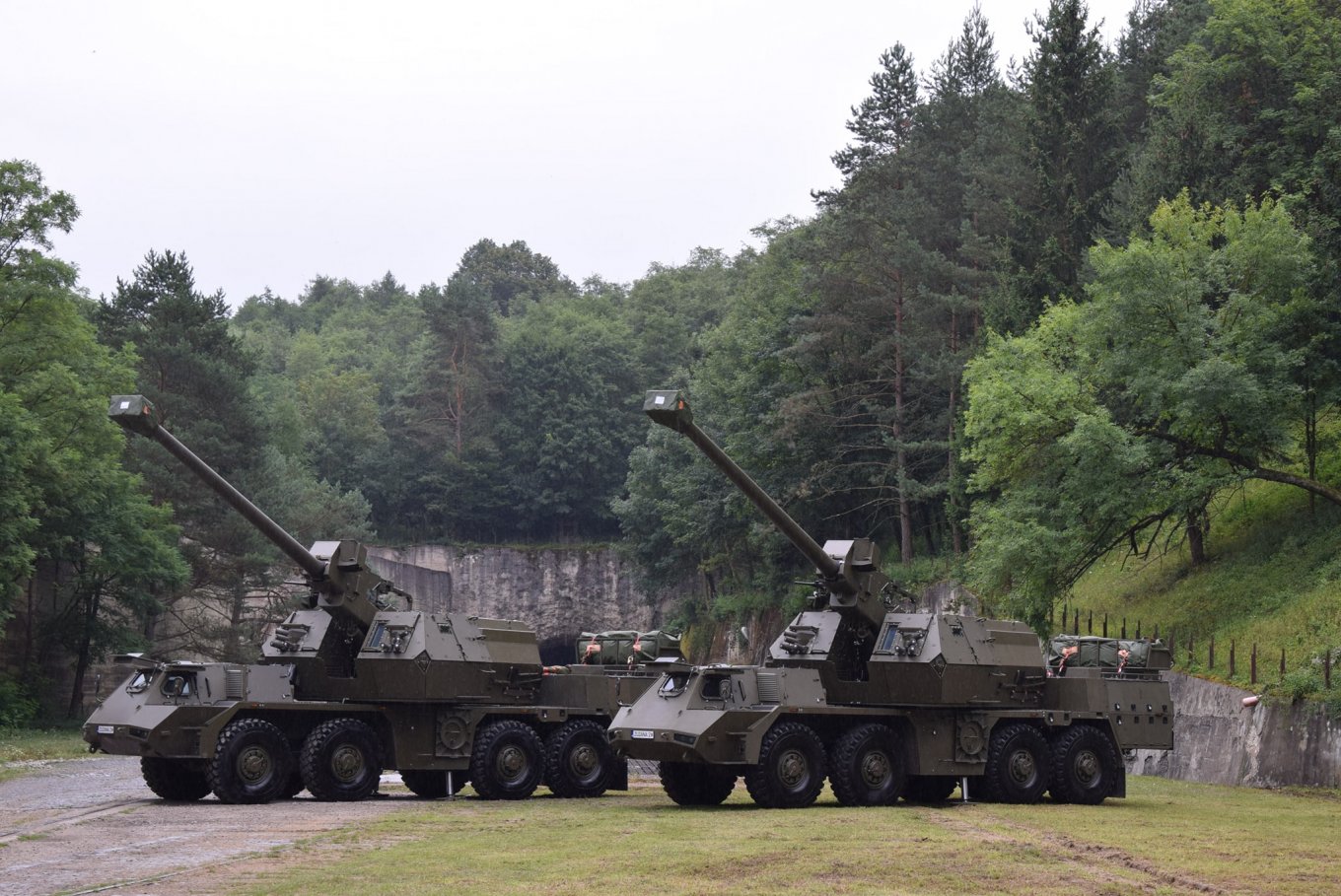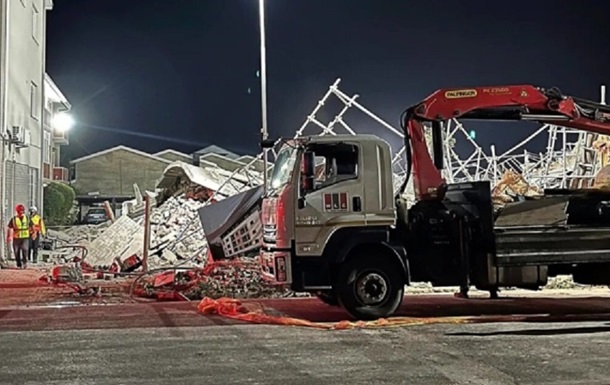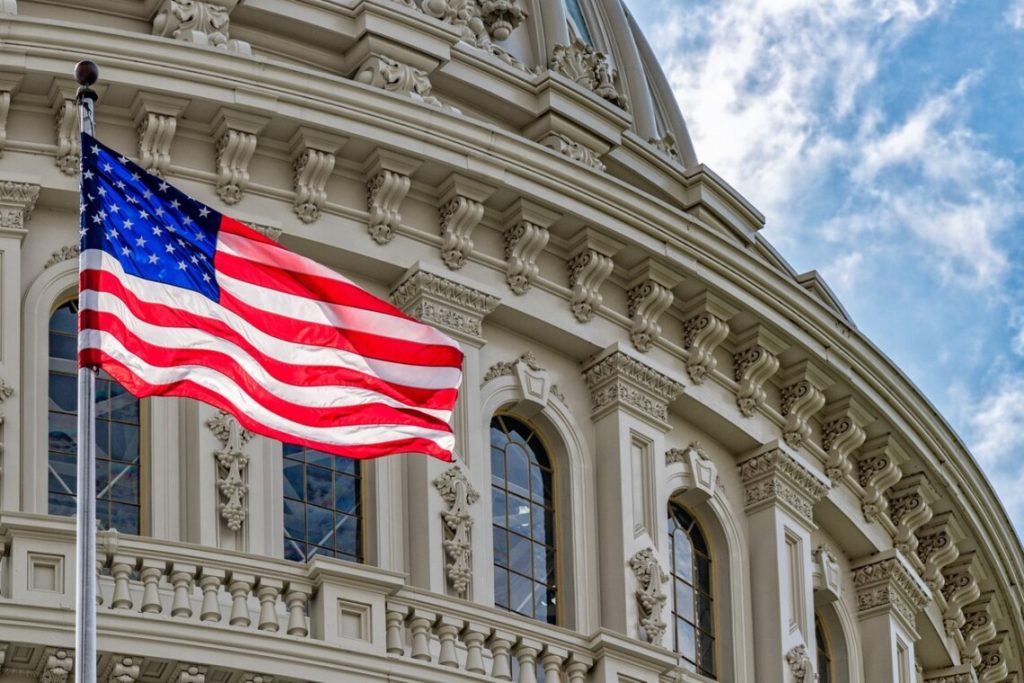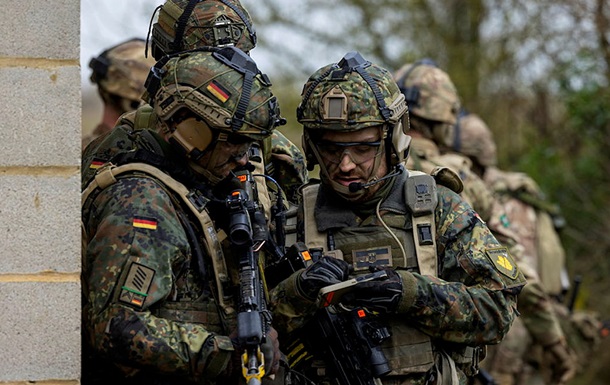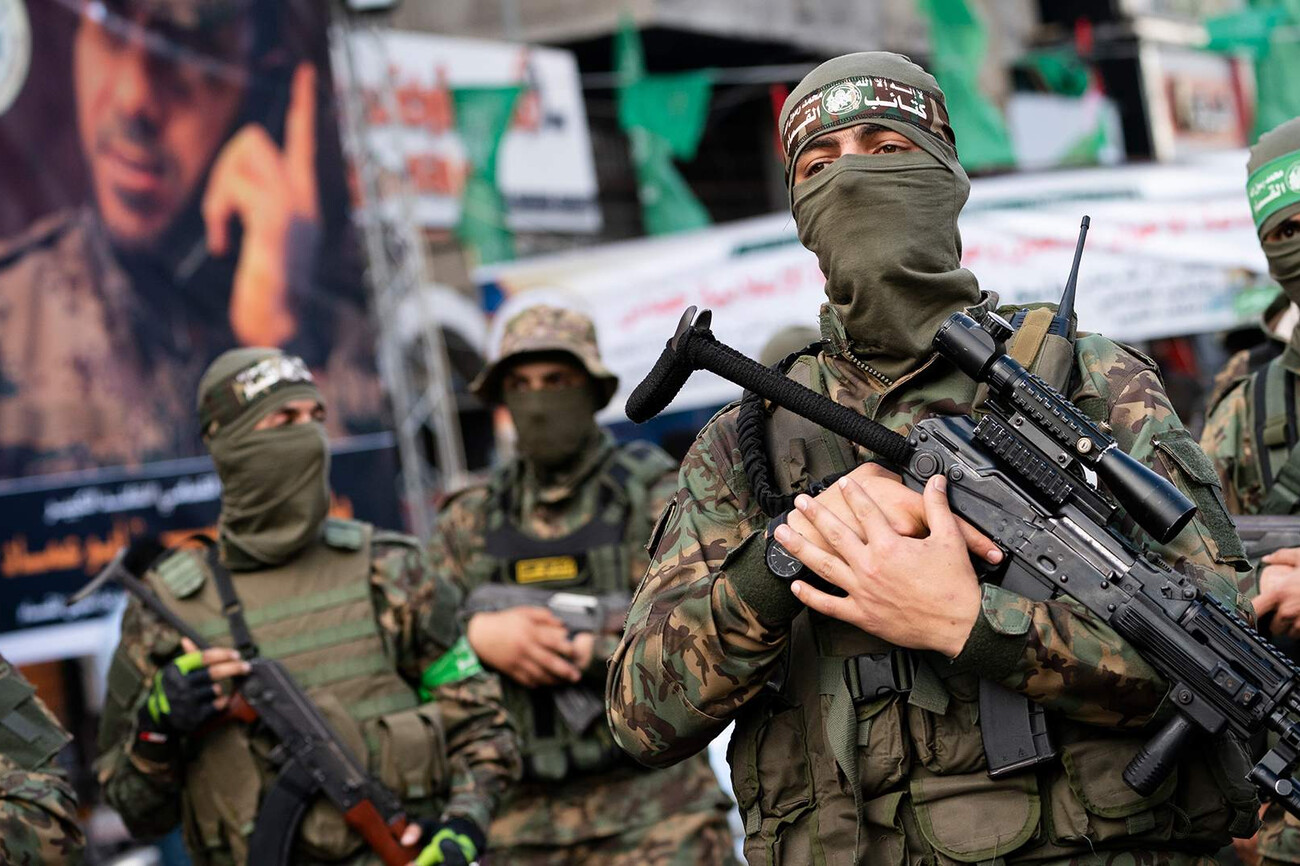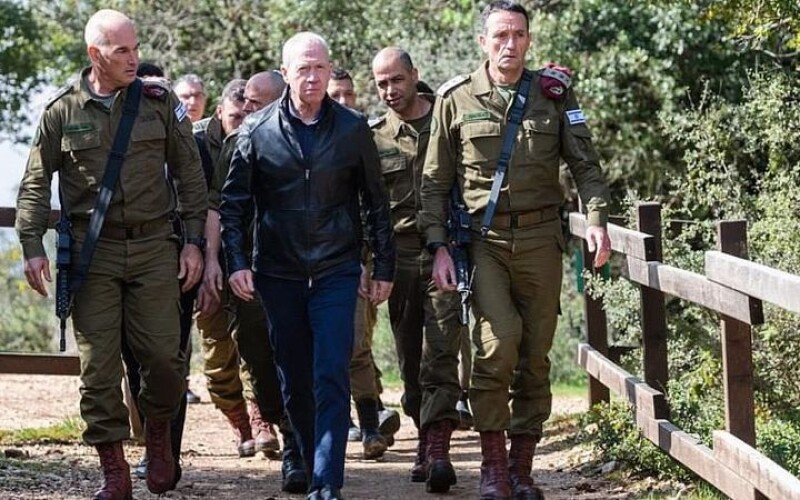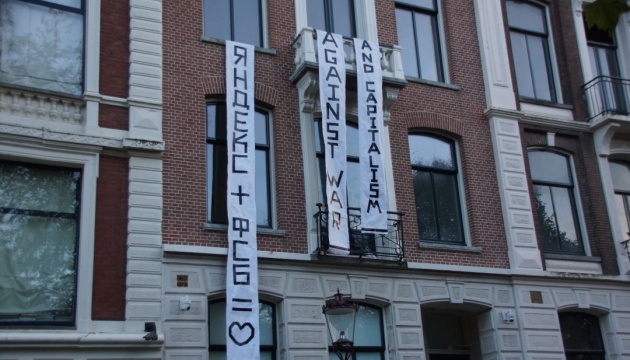 Risks and mechanisms of confiscation of Russian assets in favor of Ukraine
Risks and mechanisms of confiscation of Russian assets in favor of Ukraine
Last week, during the meeting of the Ukraine-EU Association Council, EU High Representative Josep Borrell proposed to direct interest charges on frozen Russian assets to the benefit of Ukraine. If the EU member states support this proposal, the entire amount of such charges will be directed to the EU budget and transferred to Ukraine. In particular, 90 percent - for military needs, another 10 percent - for the country's reconstruction programs and the development of the Ukrainian defense industry.
According to Borrell, the total amount of sovereign assets of the Russian Central Bank, which were frozen in Western countries, may reach 350 billion dollars.
The European Union has done quite a lot to freeze Russian assets and limit their use in financing the Russian "war machine". On the other hand, the possibility of their removal and directing them to the restoration of Ukraine requires legal elaboration, because there are fears that this may lead to a large number of court proceedings.
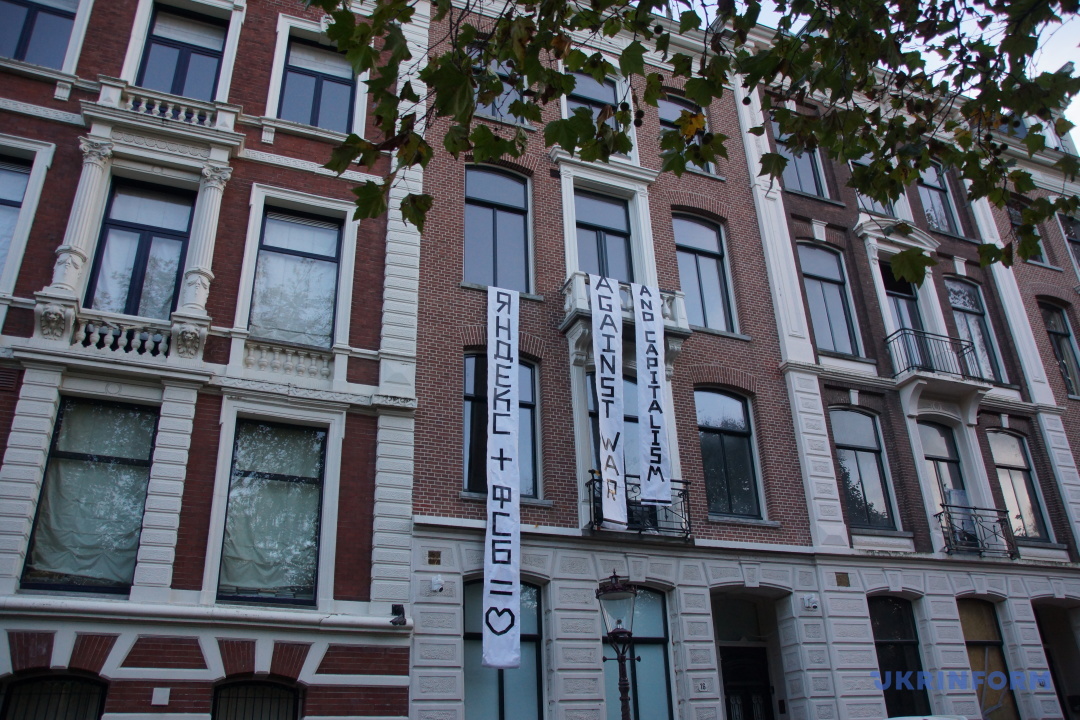
NO LONGER SANCTIONED, UNFREEZED ASSETS
In October 2022, in Amsterdam, squatters (people moving into empty houses - ed.) occupied the premises of the former CEO of Yandex, at that time the sanctioned Russian billionaire Arkady Volozh.
According to an investigation by the NRC and "De Groene Amsterdammer", Volozh bought a building in Amsterdam worth a million euros through the company "Paraseven Limited", registered in the British Virgin Islands. Thanks to this scheme, his assets remained "undetectable" for a time to a team of Dutch officials looking for assets of Russians on the sanctions list. Volozh tried to evict the squatters through the court, but the Amsterdam Court of Appeal, like the court of first instance, allowed them to stay in the house.
One of the reasons the Russian was added to the sanctions list was that the Yandex search engine censored critical coverage of the war and promoted Kremlin propaganda.
Consequently, because of the sanctions, Volozh was not allowed to sell, rent or renovate buildings in Amsterdam. Squatters took advantage of the situation and occupied the building for a year and a half. However, already in March 2024, the European Union removed the founder of the Russian "Yandex" Arkady Volozh from the sanctions lists, because they are allegedly "legally unfounded."
The fact that last year the businessman called Russia's war against Ukraine "barbaric" is considered an additional reason for the cancellation of restrictions. So Volozh is no longer under sanctions, and his house in Amsterdam is no longer a frozen property. "The visit to the house is one of his first things after the lifting of restrictions," a source close to the Russian told NOS.
According to the Dutch media, squatters recently vacated Volozh's house in Amsterdam. It seems that they were afraid that the billionaire might sue for damages.
CRIMINAL SENTENCE FOR CONFISCATION OF FROZEN ASSETS OF THE RUSSIA
Dutch lawyer Helen Over de Linden, which studies the issue of EU sanctions against Russia, as well as monitors violators of these restrictions, says that the story with Volozh is an example of the risks of confiscating the frozen assets of the Russian Federation in favor of Ukraine.
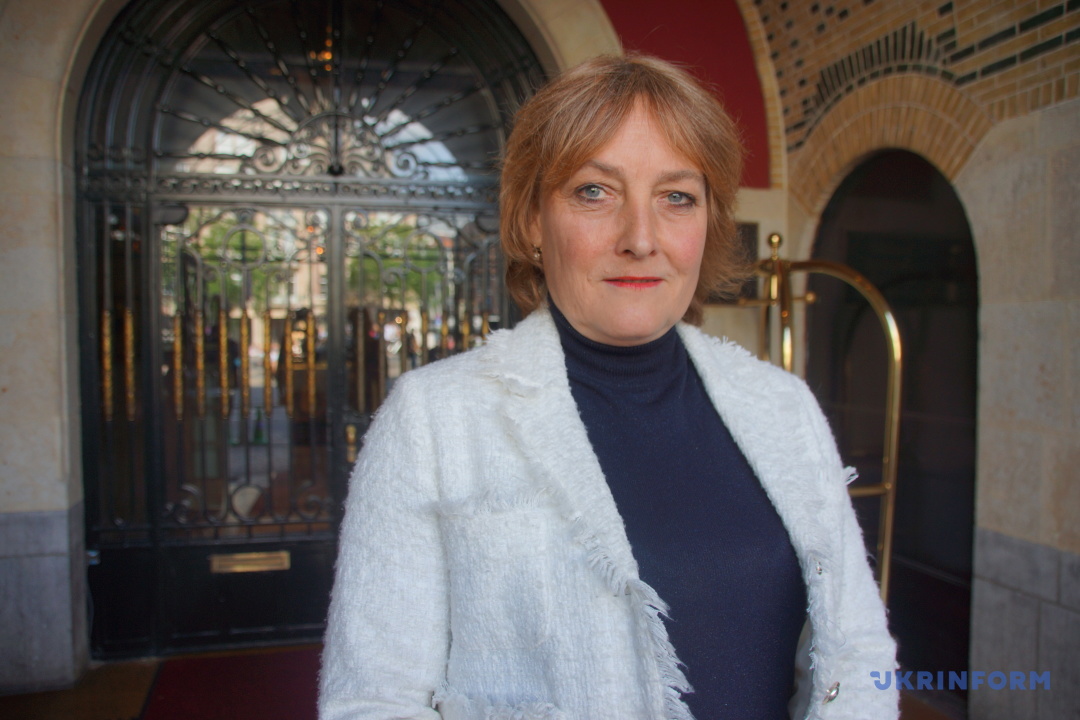
"After the lifting of sanctions, Volozh becomes a full-fledged owner again, who can live in the house, sell it, rent it out, do everything that was impossible until now. Now he is actually the person he was before the restrictions. But I want to note: if someone thinks that the sanctions were useless, then it is not so. Volozh was very rich, the sanctions hit him hard, he lost a lot of money. He no longer wanted to be associated with Russia, with the regime, with Putin, so he said goodbye to his property and to what he had in Russia. And this is also the purpose of sanctions - when rich people like him say "goodbye" to Putin, leave the market and leave the country.
But his example also shows why it is so difficult to transfer frozen Russian assets to help Ukraine. Because if the sanctions are later canceled, the countries that took this step find themselves in a difficult situation and must compensate for their losses. The fact is that frozen money and property are temporary. And after thawing, they can be used again," said Dutch lawyer Helen Over de Linden in an exclusive comment to the Ukrinform correspondent in The Hague.
In her opinion, confiscation by court decision in criminal proceedings is a good option. Then there will be no questions regarding the seizure of assets of persons who are guilty of criminal offenses, as well as persons whose assets were found to be unreasonably acquired.
"Therefore, if no criminal case was initiated, it is very difficult to confiscate them. For example, if Volozh's assets were transferred when he was under sanctions, now after the restrictions have been lifted, he could demand that everything be returned to him. This is an example of the fact that confiscation without a criminal sentence is very dangerous, because then you may have to fully compensate," the expert explains.
In a comment to Ukrinform, the Ministry of Foreign Affairs of the Netherlands reported that in April 2023, the total amount of assets frozen by financial institutions in the Netherlands reached 644,5 million euros.
Assets frozen on the basis of relevant EU sanctions may be unfrozen if the freezing obligations no longer apply. For example, the owner of the assets has been removed from the sanctions list, or authorized authorities have granted permission to unfreeze the assets based on deviation from the requirements provided for in the relevant EU sanctions provisions. Examples of deviations include: payments to a non-sanctioned party due under a pre-sanctions contract; payments to meet the basic needs of the party under sanctions; payments for legal services.
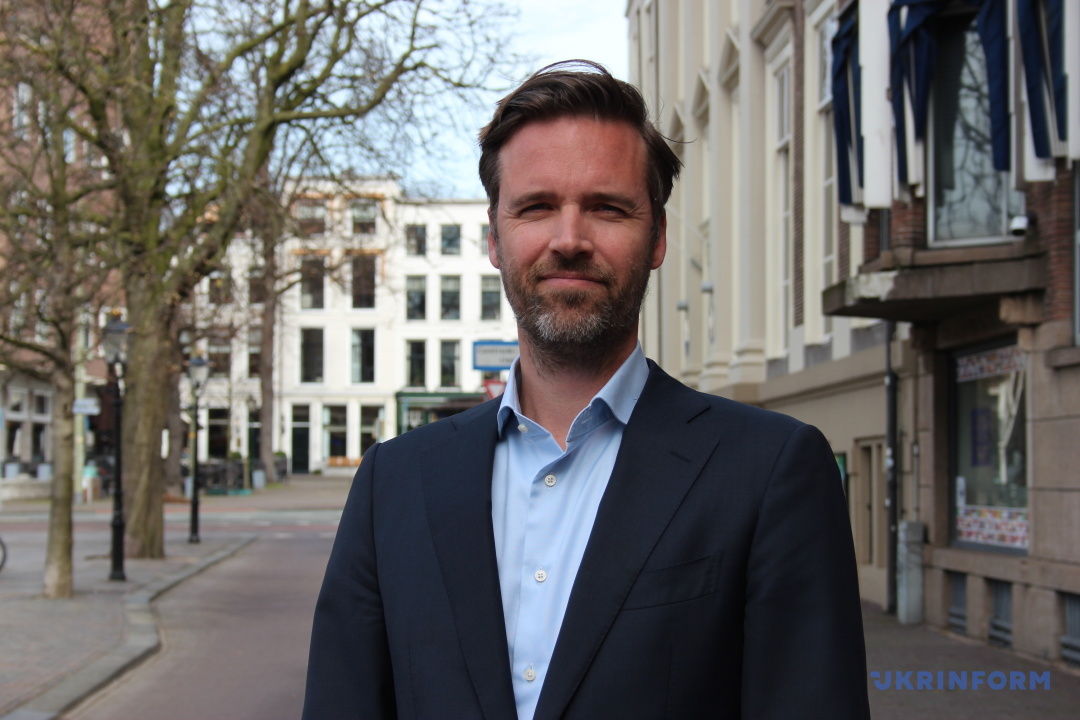
Former member of the States General of the Kingdom of the Netherlands Shurd Shurdsma, who was one of the leaders of the adoption by the Dutch parliament of key decisions and resolutions in support of Ukraine and condemnation of Russian aggression against Ukraine, in an exclusive comment to Ukrinform emphasized that it would be fair for Ukraine to use Russian assets located on European territory for reconstruction.
"It would be fair to use Russian money to compensate for the damage caused by Russian aggression in your country. The only problem is that, according to lawyers, it is very difficult to carry out such confiscation of assets according to the principles of the rule of law. It is not about their freezing, but about their confiscation and transfer to Ukraine. Because this could create a legal precedent, according to which the government of China and other states will also be able to confiscate some European and American assets in these countries," says former D 66 MP Shurd Shurdsma.
SURPLUS PROFITS FROM THE FROZEN ASSETS OF THE CB OF THE RUSSIA FOR UKRAINE
Currently, there is an active discussion among the countries where the majority of Russian frozen assets are located, regarding the effective methods and mechanisms of their transfer to Ukraine. It was repeatedly said at the official level that sovereign assets will remain frozen until Russia compensates for all the damages caused as a result of aggression against our state.
"Now the focus of attention of the Netherlands and other partner states is the transfer to Ukraine of unforeseen profits generated by the frozen assets of the Central Bank of the Russian Federation. In particular, following the results of the European Summit on March 21-22, 2024, the leaders of the EU member states officially emphasized the importance of introducing in the near future a legal mechanism for the transfer to Ukraine of excess profits from the frozen assets of the Central Bank of the Russian Federation, the lion's share of which is placed in the Belgian securities depository "Euroclear" (191 billion euro). At the same time, they are actively discussing the issue of the full confiscation of frozen Russian assets in favor of Ukraine as a result of the use of countermeasures against Russia by the states in which these assets are located. If we talk about specific difficulties, the political factor is currently the main obstacle in the case of confiscation and transfer of frozen Russian assets to Ukraine. Given the specificity of decision-making at the level of the Council of the EU and the European Council, as a result of the consensus of all EU member states regarding the use of sovereign assets of the Russian Federation, difficulties arise," said the Deputy Minister of Justice of Ukraine in an exclusive comment to the correspondent of Ukrinform in The Hague. Iryna Mudra.
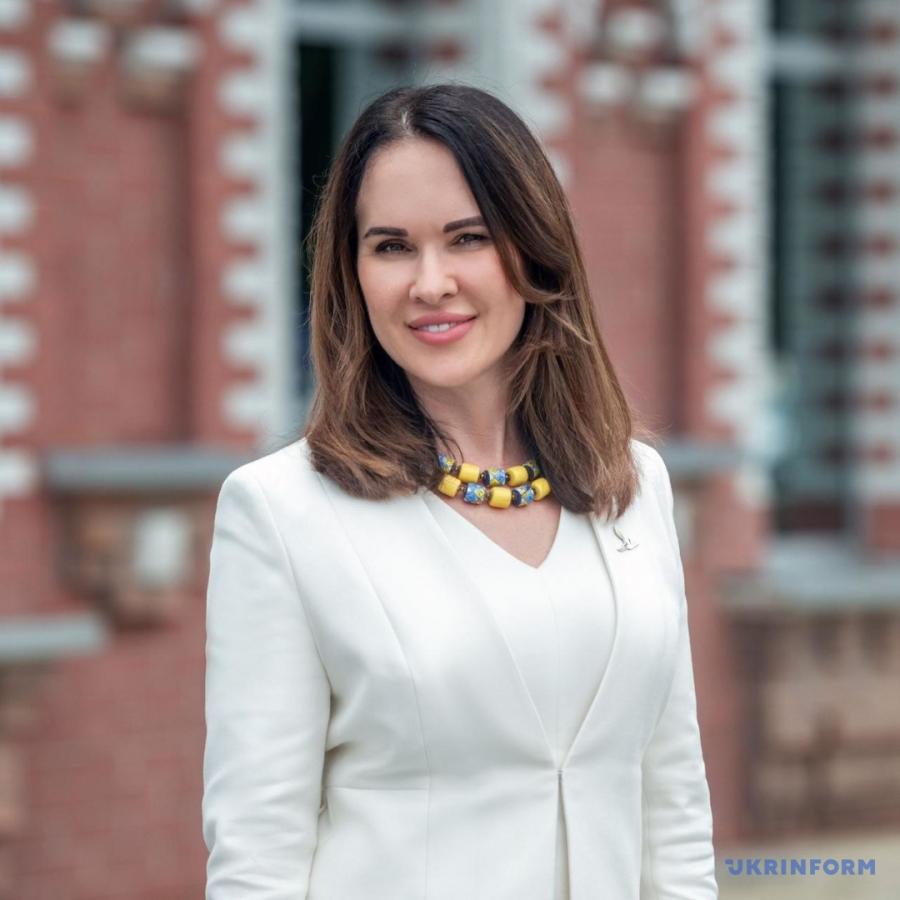
Answering questions about the mechanisms, the government official noted that "first of all, we are talking about the implementation of the national legislation of the states on the territory of which frozen Russian assets are located, or the conclusion of an international agreement on this issue. It is important for EU countries to make decisions at the level of the European Union, and we see an important step in this direction: the approval of the EU Council regulation on separate accounting of excess profits from the use of frozen sovereign assets of the Russian Federation from February 12, 2024. We look forward to a final decision on confiscation at the EU level, which is currently under active discussion,” she said.
According to her, two draft laws have been registered in the USA, which provide for the confiscation of sovereign Russian assets.
"The bipartisan bill HR4175 "Rebuilding Economic Prosperity and Opportunity for Ukrainians Act", abbreviated - "the REPO for Ukrainians Act", has been submitted to the House of Representatives for consideration. An almost identical draft law is registered in the Senate under the number S.2003. Both have won the support of the foreign affairs committees of the respective chambers of the congress, and we hope to consider them soon after the congress returns from the vacation," says Iryna Mudra.
She also noted that the Parliament of Canada is considering changes to the current law on special economic measures ("Special Economic Measures Act", "the SEMA Act"). The specified document already allows confiscation, but contains certain shortcomings.
The proposed changes will enable the government to dispose of confiscated assets of the Russian Federation without a court decision. This was done so that Russia could not use the universally recognized principle of sovereign immunity in courts.
The House of Commons of Great Britain also has a draft law on confiscation, and Ukraine also hopes for its adoption.
"In addition, it is important that the project of the future multilateral treaty be finalized and agreed upon in the near future, which should become the legal basis for the creation of a comprehensive international compensation mechanism, in particular, a commission for reviewing applications and a compensation fund. Therefore, it is important to implement these mechanisms both at the national and international levels, so that the confiscation and transfer of Russian assets in favor of Ukraine is completely legal from the point of view of both international and national law," Mudra said.
She also emphasized that Ukraine needs defense resources, without which Russia will not just seize our territory, but also destroy our identity.
"In addition, last week the Russian Federation carried out the largest shelling of Ukraine's energy infrastructure in all 10 years of war. Restoration of some damaged objects will take several years. We see that Russia is still capable of such strikes, and that we need billions of dollars to deal with their consequences. I'll just remind you of the numbers. According to the Third Assessment of Damages and Needs for Reconstruction of Ukraine (RDNA3), conducted with the participation of the World Bank, by the end of 2023, $486,2 billion was needed for recovery from a full-scale invasion. Around $300 billion of Russian sovereign assets are frozen in the world, and they, as you can see, are completely absorbed by the amount that we need for recovery. It is unfair to put the responsibility of supporting and rebuilding Ukraine on the shoulders of the citizens of the country that is the victim of aggression and our international partners, when the frozen Russian assets lie untouched in the bank accounts," Mudra emphasized.
According to her, in accordance with the generally recognized norms of international law, a state that has committed an internationally illegal act bears full responsibility, in particular financial, for the state that suffered as a result of such an act.
Secondly, the confiscation of frozen assets will show the determination of the world community not only to support Ukraine, but also to support the world order based on international law. Bringing the Russian Federation to international legal responsibility will be indisputable proof that the provisions of the UN Charter are not only declarative in nature, but are a fully effective and living tool for maintaining peace and security throughout the world.
On the other hand, if autocrats and dictators see that they have nothing to lose in the event of aggressive wars, then the future of our world is bleak.
Iryna Drabok, The Hague
Photo by the author

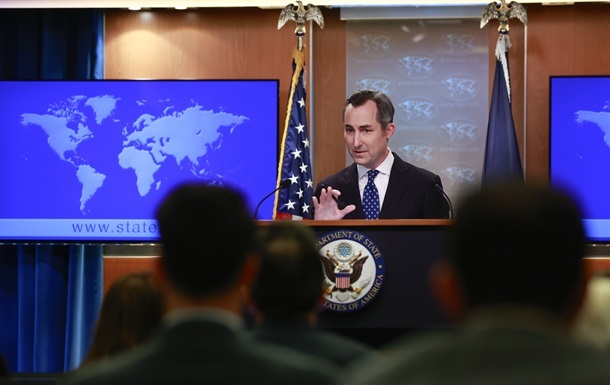
 343
343